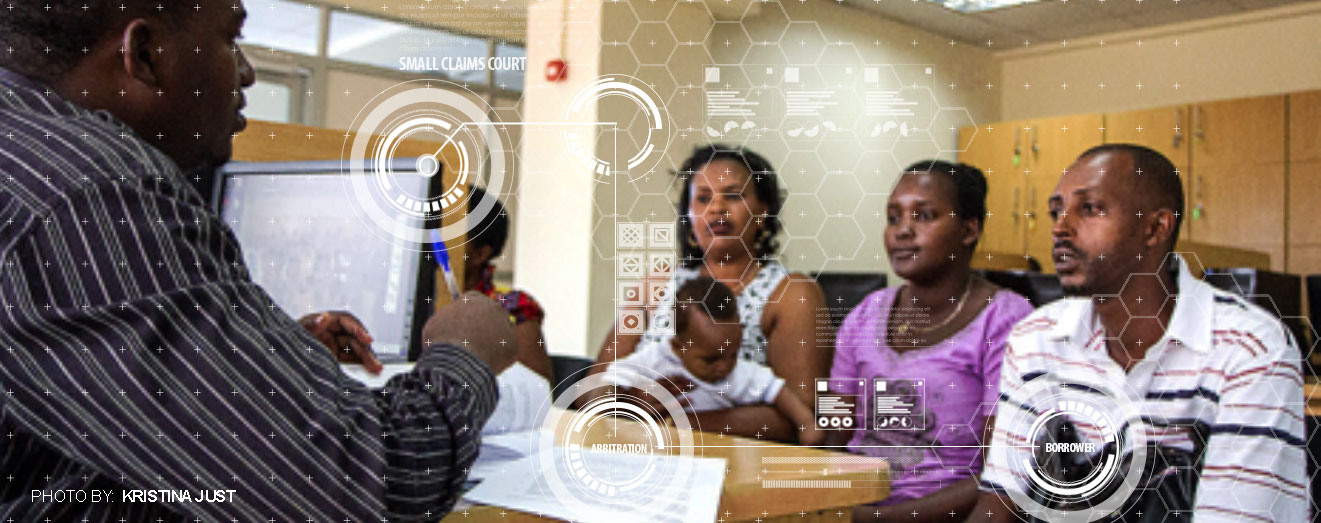
R3Lab Toolkit: Regulating and enabling innovation
Innovation can enable insurance to become a powerful engine of growth and development across the continent, but achieving this requires that market players and regulators work together to build an ecosystem in which responsible innovation can thrive. For regulators, doing so means not only understanding the current state of innovation










